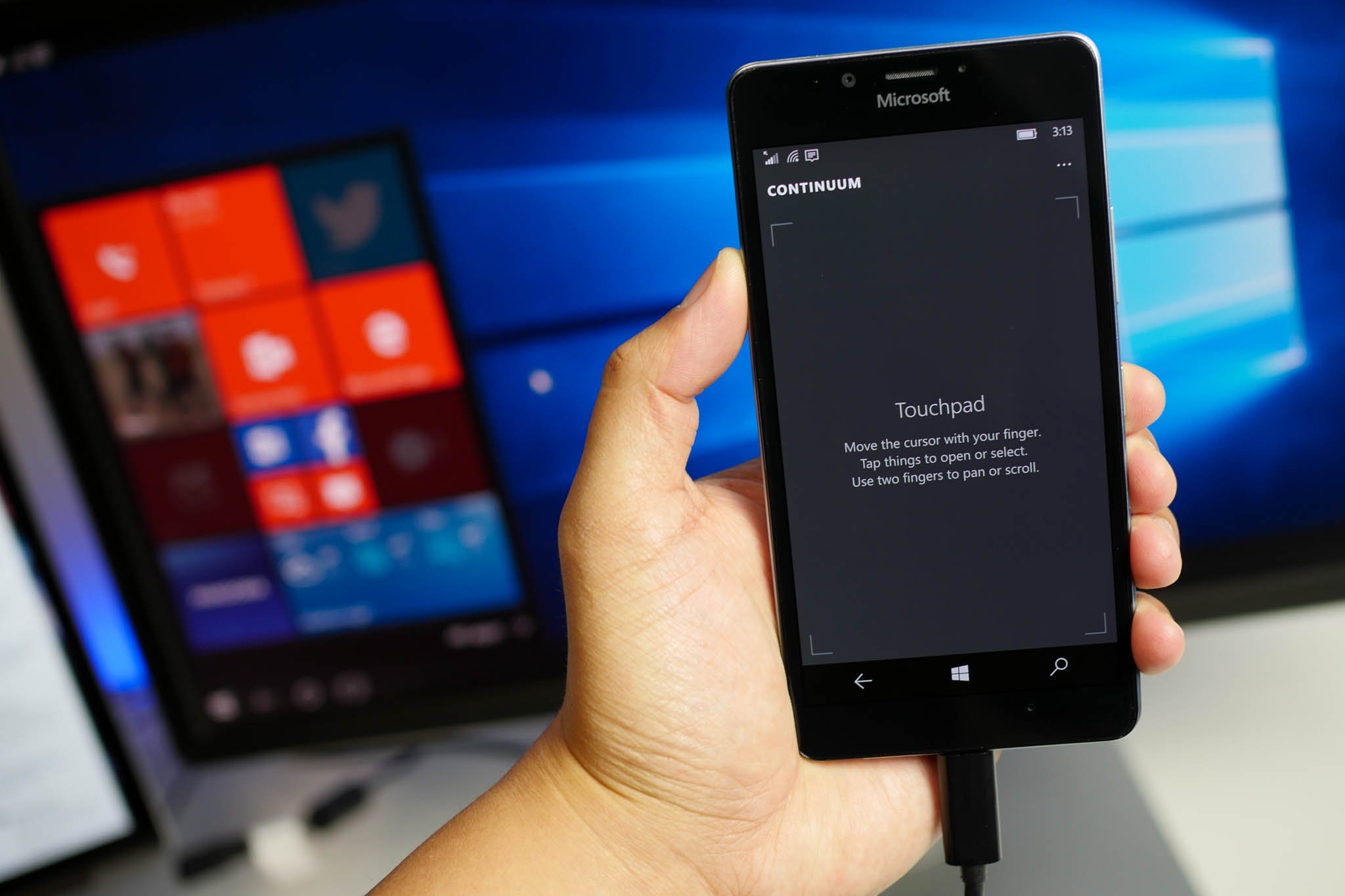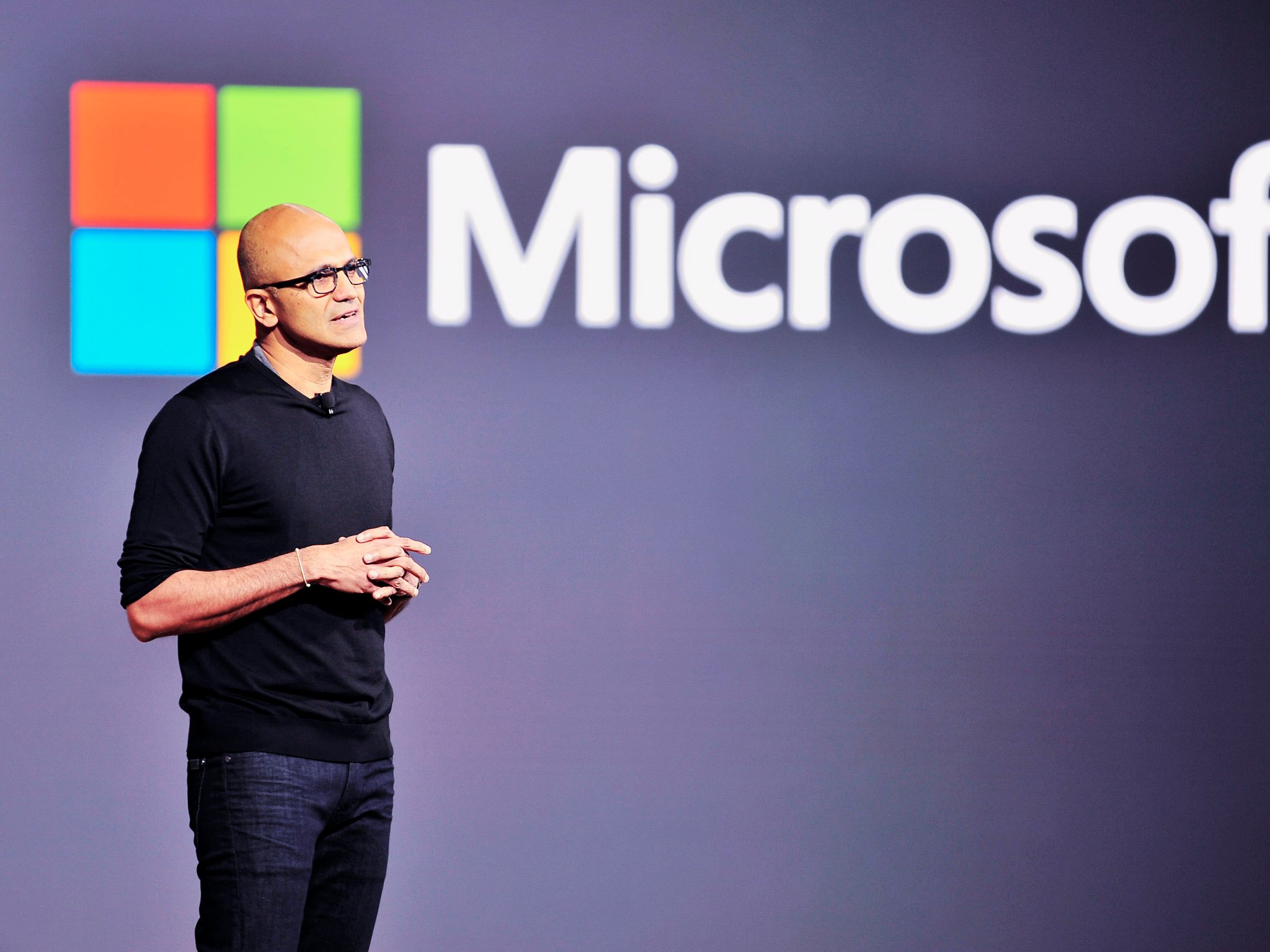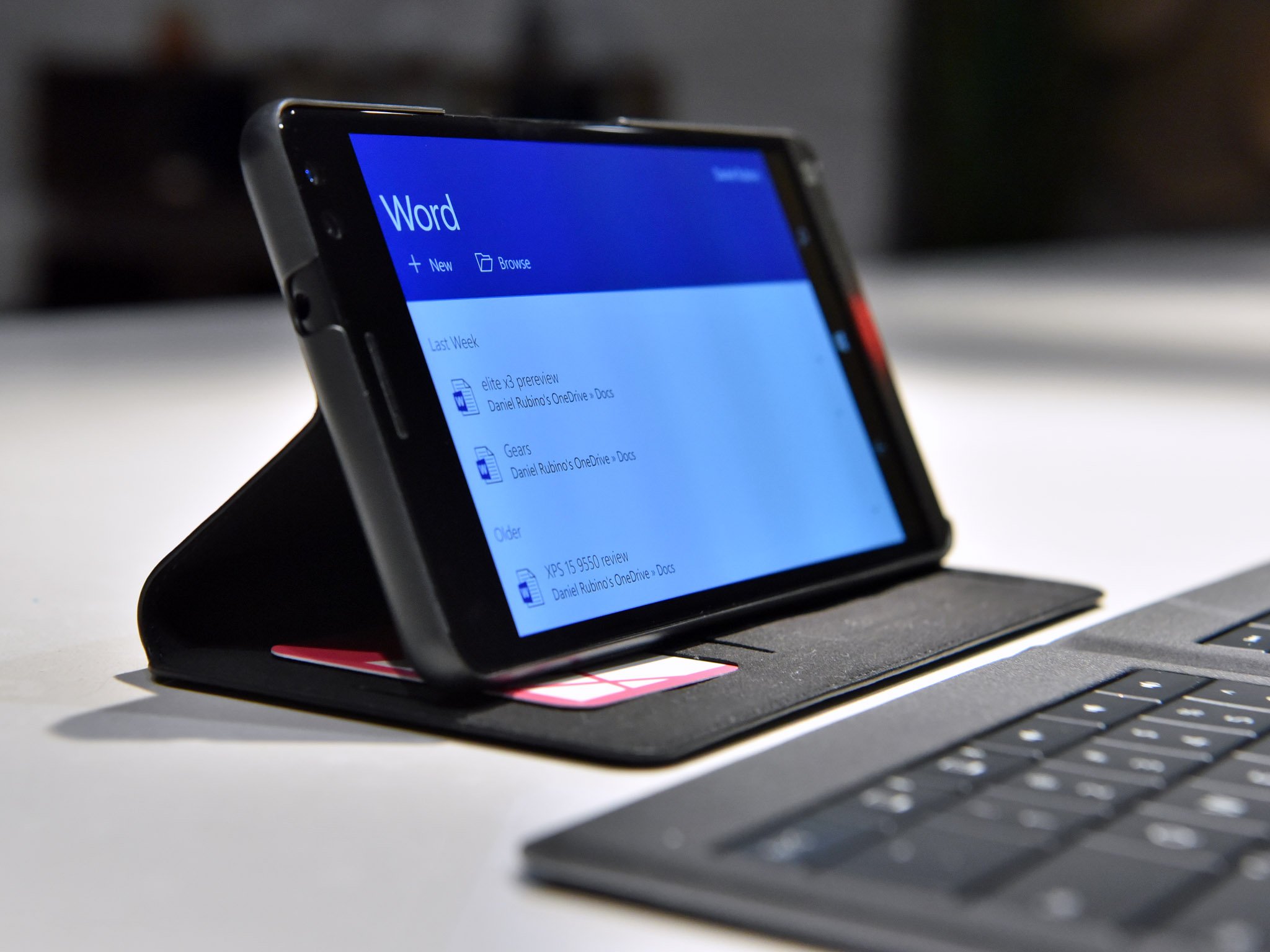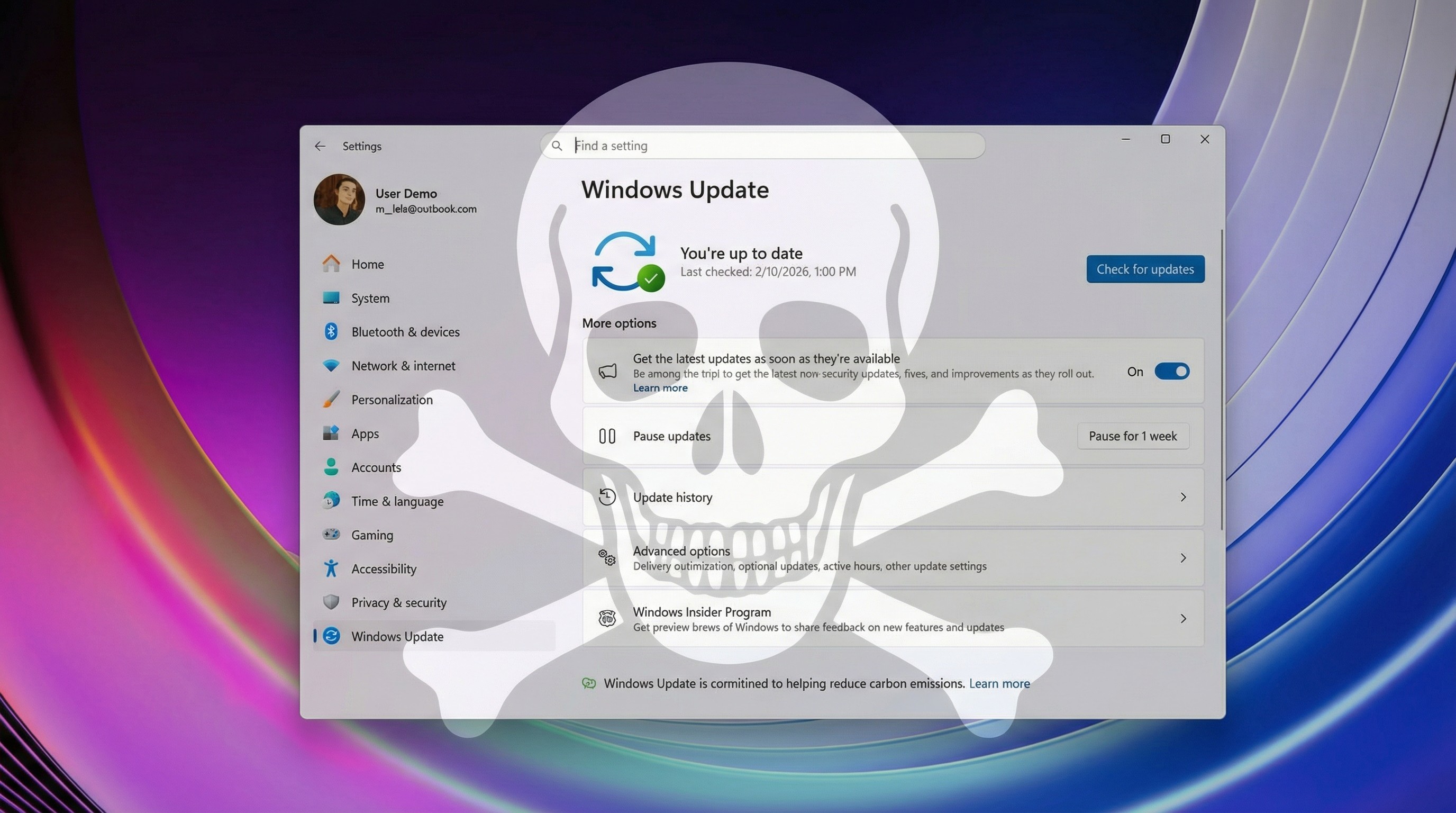Microsoft is betting on 'paradigm shift' for Windows 10 Mobile to be competitive

All the latest news, reviews, and guides for Windows and Xbox diehards.
You are now subscribed
Your newsletter sign-up was successful
Microsoft's big plan for mobile is still a bit of a mystery heading into 2017. While Redmond has pulled back on its hardware ambitions undoing much of the Nokia Mobile acquisition the company continues to aggressively build out the Mobile version of Windows 10 with no signs of slowing down. All of this to the dismay of the media and even consumers who don't see the point.
Vahe Torossian, Corporate Vice President at Microsoft and the new president of Microsoft France shed some light on the company's mobile strategy in a recent interview with France's Le Point.

Torossian reaffirms Microsoft's position of retrenchment noting that the firm has lost the battle in the consumer market. Instead, Windows 10 Mobile is mostly about "focusing on the business side" according to Torossian at least for the "next few years."
The admission is an honest one as Torossian notes that the barriers to compete at this stage in the consumer smartphone market are "now too high." While Windows 10 Mobile has made admirable strides since its debut last year the argument that it offers something more than Android or iOS is a difficult one to make in late 2016. At this point, people using Windows 10 Mobile do so out of personal preference rather than any substantial advantage over Apple and Google.
Nonetheless, Microsoft is sober about their mobile ambitions. While the company is cognizant that competing against Apple and Google in mobile is futile at this stage, Microsoft does see a path forward. According to Torossian Microsoft is "betting on a technology leap in a few years with a paradigm shift."
Details about that technology swing were not given. Microsoft, however, is apparently looking at the Universal Windows Platform (UWP), Continuum, AI, and Inking technologies as some examples of where mobile computing is headed.
The next bend in the curve
Back in October 2015 I wrote an article titled The future of Windows Mobile – Does Microsoft want to reboot the concept of a phone? that laid out Microsoft's long-term vision in the mobile space.
All the latest news, reviews, and guides for Windows and Xbox diehards.
The argument I made was that the Lumia 950 and Lumia 950 XL were decent phones, but not representative of what Microsoft is doing in hardware e.g. Surface, HoloLens, and Band. That is one reason why the announcement of those phones was kept rather low-profile. There was no advertising nor any consumer push for those devices. And why should they? The hardware and the OS at the time were underwhelming, and Microsoft knew that.

Microsoft CEO Satya Nadella revealed some of this thinking in 2015 in an interview with Mary Jo Foley:
"Therefore, we have to be on the hunt for what's the next bend in the curve. That's what, quite frankly, anyone has to do to be relevant in the future. In our case, we are doing that. We're doing that with our innovation in Windows. We're doing that with features like Continuum. Even the phone, I just don't want to build another phone, a copycat phone operating system, even.""So when I think about our Windows Phone, I want it to stand for something like Continuum. When I say, wow, that's an interesting approach where you can have a phone and that same phone, because of our universal platform with Continuum, and can, in fact, be a desktop. That is not something any other phone operating system or device can do. And that's what I want our devices and device innovation to stand for."
I think that statement is still genuine and very indicative of what Microsoft is betting on. Truth be told, it is the only thing they can do if they're not giving up in the mobile arena.
I have been bringing this topic up a lot on our podcast recently about what comes next after the smartphone. It is evident that mobile technology is evolving and converging. The idea that in five years we'll still have the same smartphone design and functionality despite the rapid progress being achieved is woefully misguided in my opinion.
The question is what does come next and is Microsoft choosing the right path? That's up for debate.
Ironically, Google is facing the opposite problem in trying to get from mobile to the desktop (see Andromeda: How Google can conquer the desktop, figure out tablets — and maybe change Android phones forever). Apple faces the same issue with its OS bifurcation and increasing reliance on becoming only a phone manufacturer. There is also the diminishing returns on apps (read Walt Mossberg's article on why he says "the App Store is over").
Microsoft sees today's concept of a smartphone as nearing the end of its run. It's not just about running apps on a device that fits in your pocket but expanding beyond that to other screens. The HP Elite x3 is just the beginning of such a shift, but the same could be said about Treos and the Pocket PC back in 2006 that preceded the smartphone revolution.

Returning to Torossian and the Le Point interview, he says that the Surface line is about evolving "new types of form factors." I wrote in late 2015 that "Microsoft is not about creating hardware for the sake of creating another thing. They only create hardware after consideration of where the market is going to be, not where it is now."
The Surface, Surface Book, and HoloLens are examples of that forward-thinking innovation. Back when the Surface was announced many in tech media dismissed it, and many investors said Surface should be "killed off" as a relic of Ballmer's reign. Just a few years later two-in-ones are one of the only growth areas in PCs and the Surface now stands justified.
It remains to be seen if Microsoft can bring that same thinking to mobile. Make no mistake that is a big 'if' too but what other choice do they have? Windows 10 Mobile as is can't compete against Apple or Google in the consumer space. Trying to leapfrog them is Microsoft's only chance. The saying is 'go big, or go home' and that is what Microsoft looks to be doing.
How do you build the smartphone for the future and not just next quarter? That is Microsoft's ambition. Let's see if they can get the vision right and deliver.

Daniel Rubino is the Editor-in-Chief of Windows Central. He is also the head reviewer, podcast co-host, and lead analyst. He has been covering Microsoft since 2007, when this site was called WMExperts (and later Windows Phone Central). His interests include Windows, laptops, next-gen computing, and wearable tech. He has reviewed laptops for over 10 years and is particularly fond of Qualcomm processors, new form factors, and thin-and-light PCs. Before all this tech stuff, he worked on a Ph.D. in linguistics studying brain and syntax, performed polysomnographs in NYC, and was a motion-picture operator for 17 years.

